bny
TPF Noob!
- Joined
- Apr 26, 2015
- Messages
- 2
- Reaction score
- 0
- Can others edit my Photos
- Photos NOT OK to edit
Hi,
I'm into wildlife and wildlife photography (as well of taking pics of my much beloved 14 yo puppy <3 )
I'm trying to choose a camera (or 2, if need be.) The Canon refurbished center recommended either their S110 or SX50 (both are supposed to do well in low light--even w/o flash (I walk in the evenings), have decent audio and have nice clarity w/ good zoom capabilities and are capable of video.) I'd really love the input of people who really understand cameras well.
Another part of me is considering carrying a gopro or action/sports camera alternative as well, just b/c it'd give me the benefit of filming from the moment I get out among nature until I leave
Either (or both) ways I'd love *really* clear, zoom-able images (audio to accompany them would be great.)
I'd love to buy a camera tomorrow and your help would be so very appreciated!
Thanks so much!
I'm into wildlife and wildlife photography (as well of taking pics of my much beloved 14 yo puppy <3 )
I'm trying to choose a camera (or 2, if need be.) The Canon refurbished center recommended either their S110 or SX50 (both are supposed to do well in low light--even w/o flash (I walk in the evenings), have decent audio and have nice clarity w/ good zoom capabilities and are capable of video.) I'd really love the input of people who really understand cameras well.
Another part of me is considering carrying a gopro or action/sports camera alternative as well, just b/c it'd give me the benefit of filming from the moment I get out among nature until I leave
Either (or both) ways I'd love *really* clear, zoom-able images (audio to accompany them would be great.)
I'd love to buy a camera tomorrow and your help would be so very appreciated!
Thanks so much!



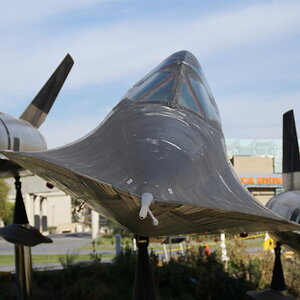
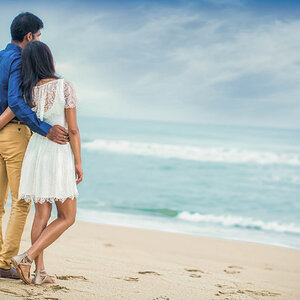
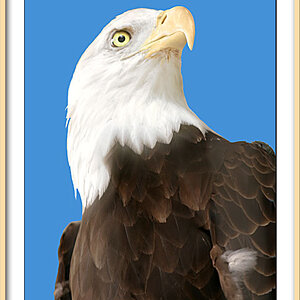
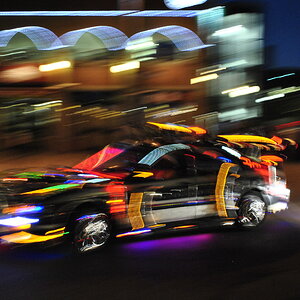
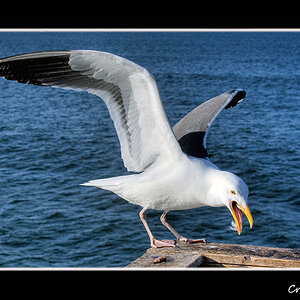
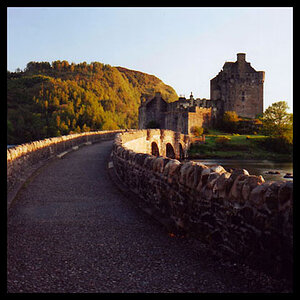
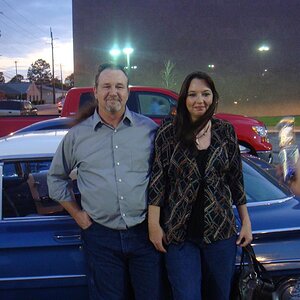
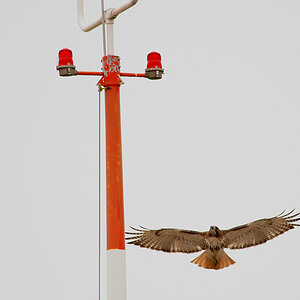
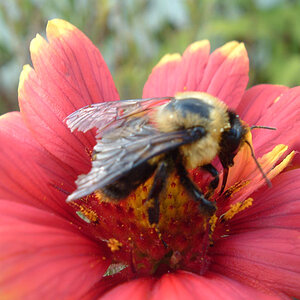
![[No title]](/data/xfmg/thumbnail/37/37606-3c9ffb5906173fa2aa489341967e1468.jpg?1619738148)
